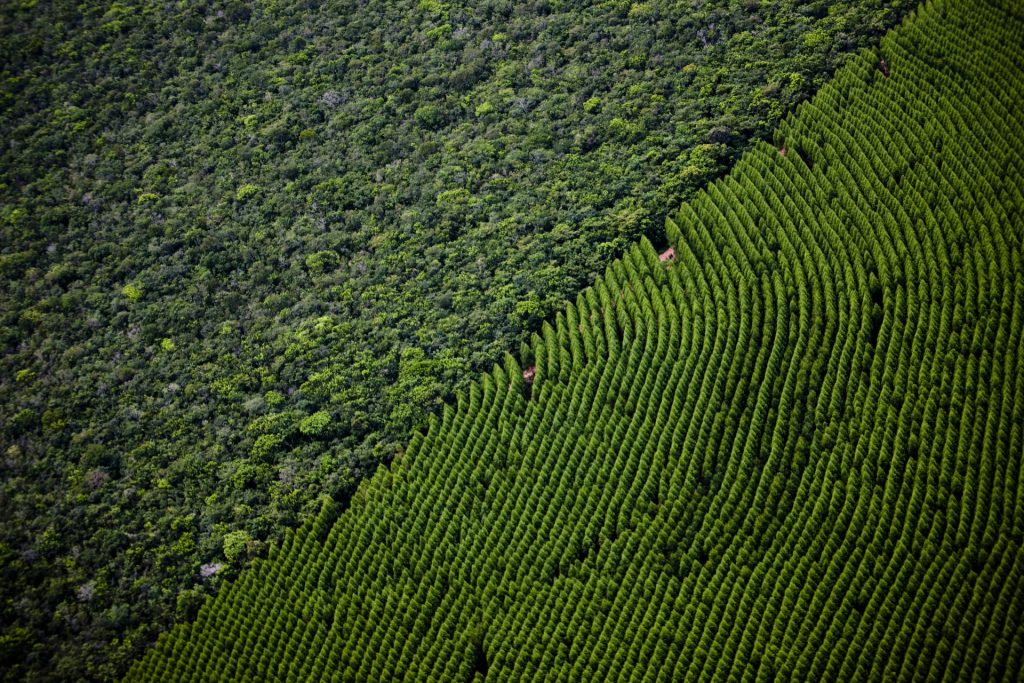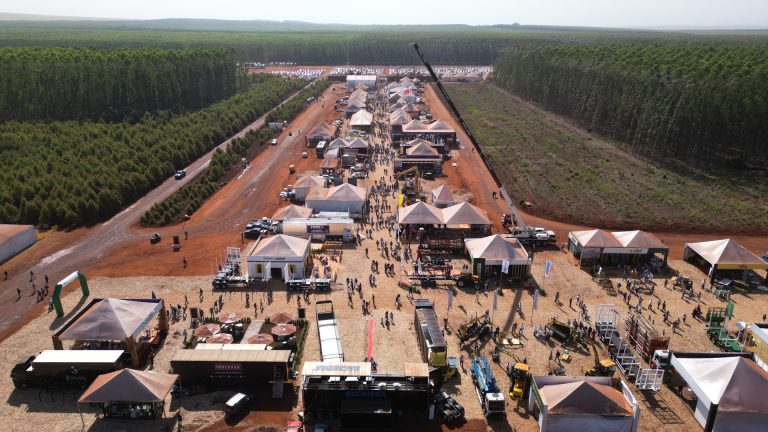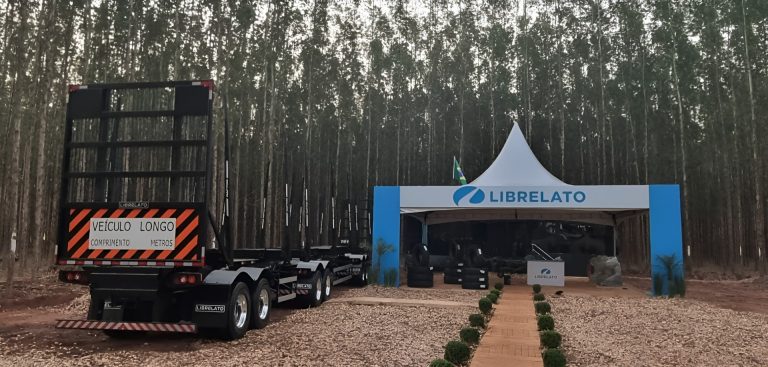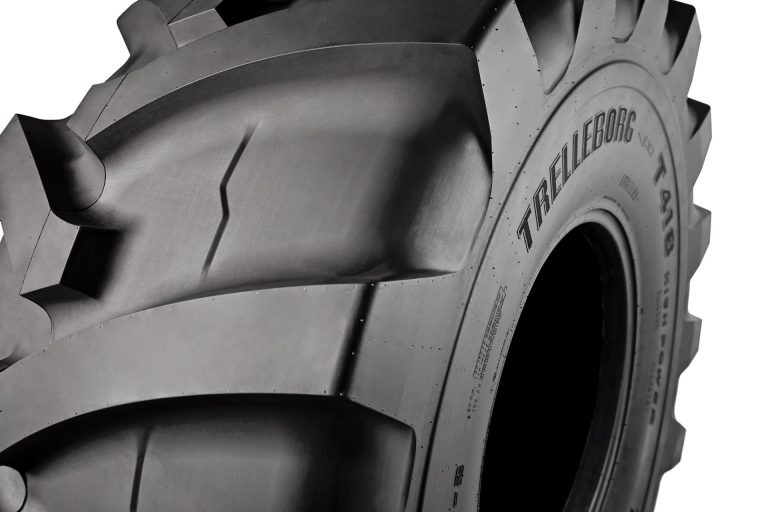It’s been a while since sustainability ceased to be an option to become a condition for companies that want to remain competitive. In this context, certification processes guarantee environmentally correct and socially fair practices, bringing added value to products and credibility to brands.
Ibá’s Annual Report (2022) dedicated a chapter to sustainability that addresses, among other issues, forest certification. This process is voluntary and consists of companies submitting themselves annually to third-party audits to verify compliance with internationally recognized standards. The value of certification for companies is access to markets.
According to data collected by Ibá, in 2021, the total certified area in Brazil reached 7.37 million hectares, an increase of 8.4% compared to 2020. The certified planted area rose to 4.04 million hectares, growth of 8.3% compared to 2020.
Another stage of the certifications is in the chain of custody, which tracks the product from its origin in certified forests, to the industry and sale. In 2021, the number of chain of custody certifications reached 1,084 certificates, an increase of 2.2% compared to 2020 (1,061), 85% of which were concentrated in companies in the South and Southeast regions.






